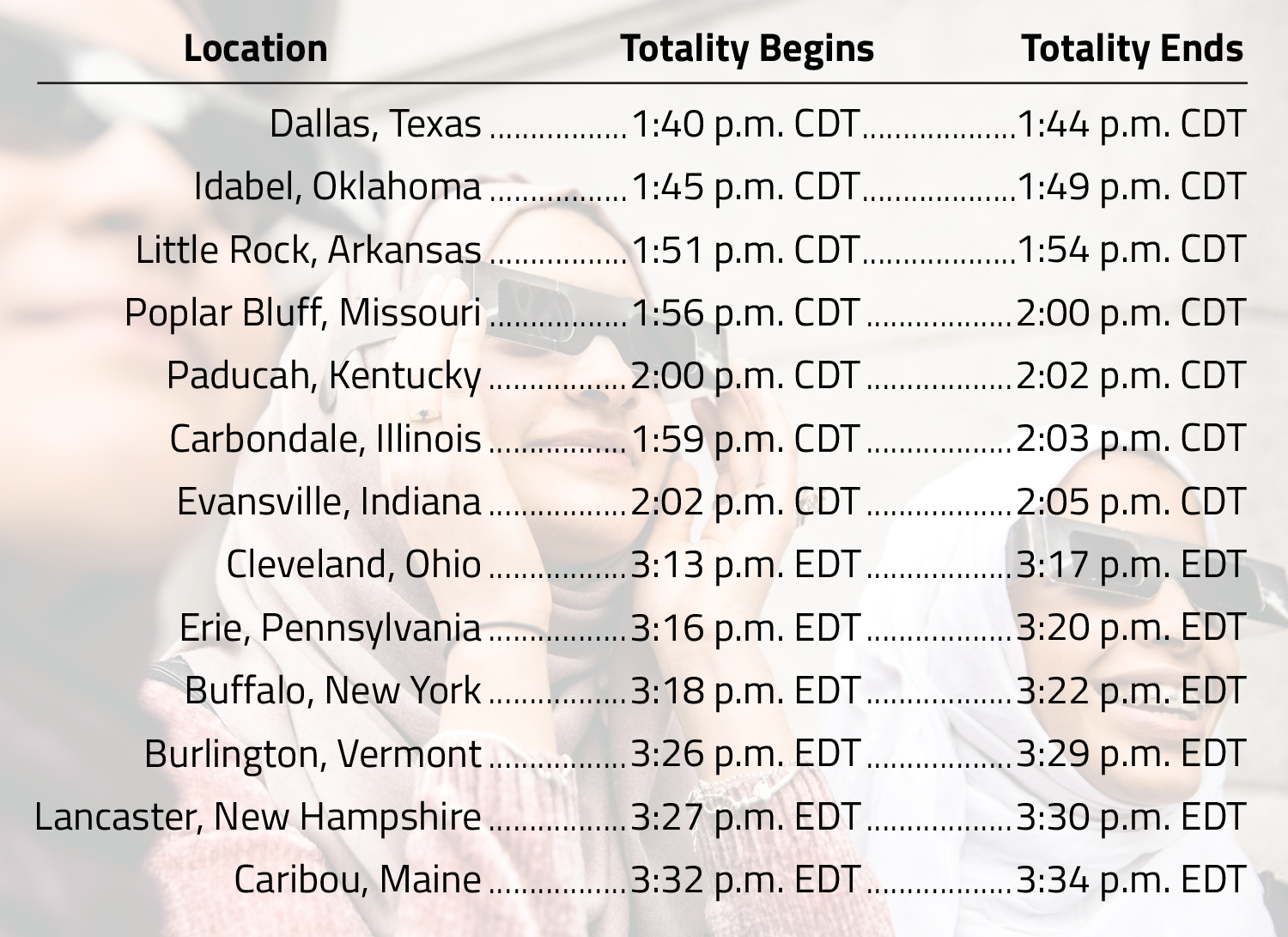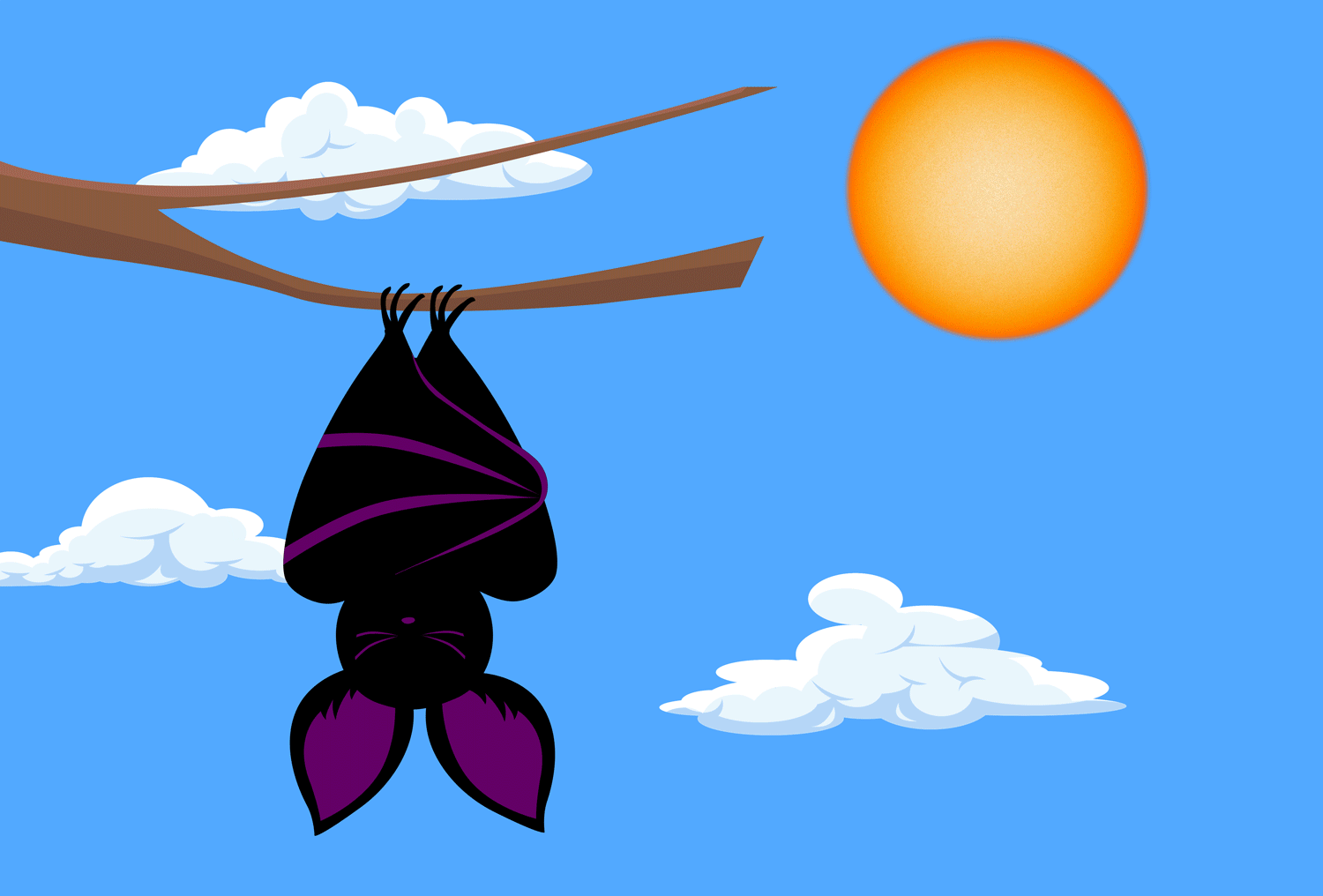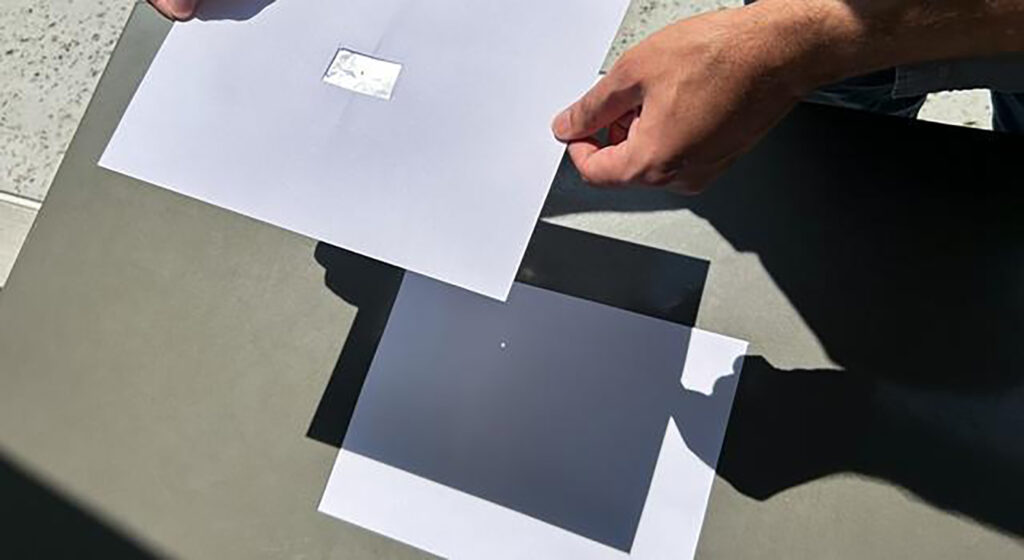Solar Eclipse!
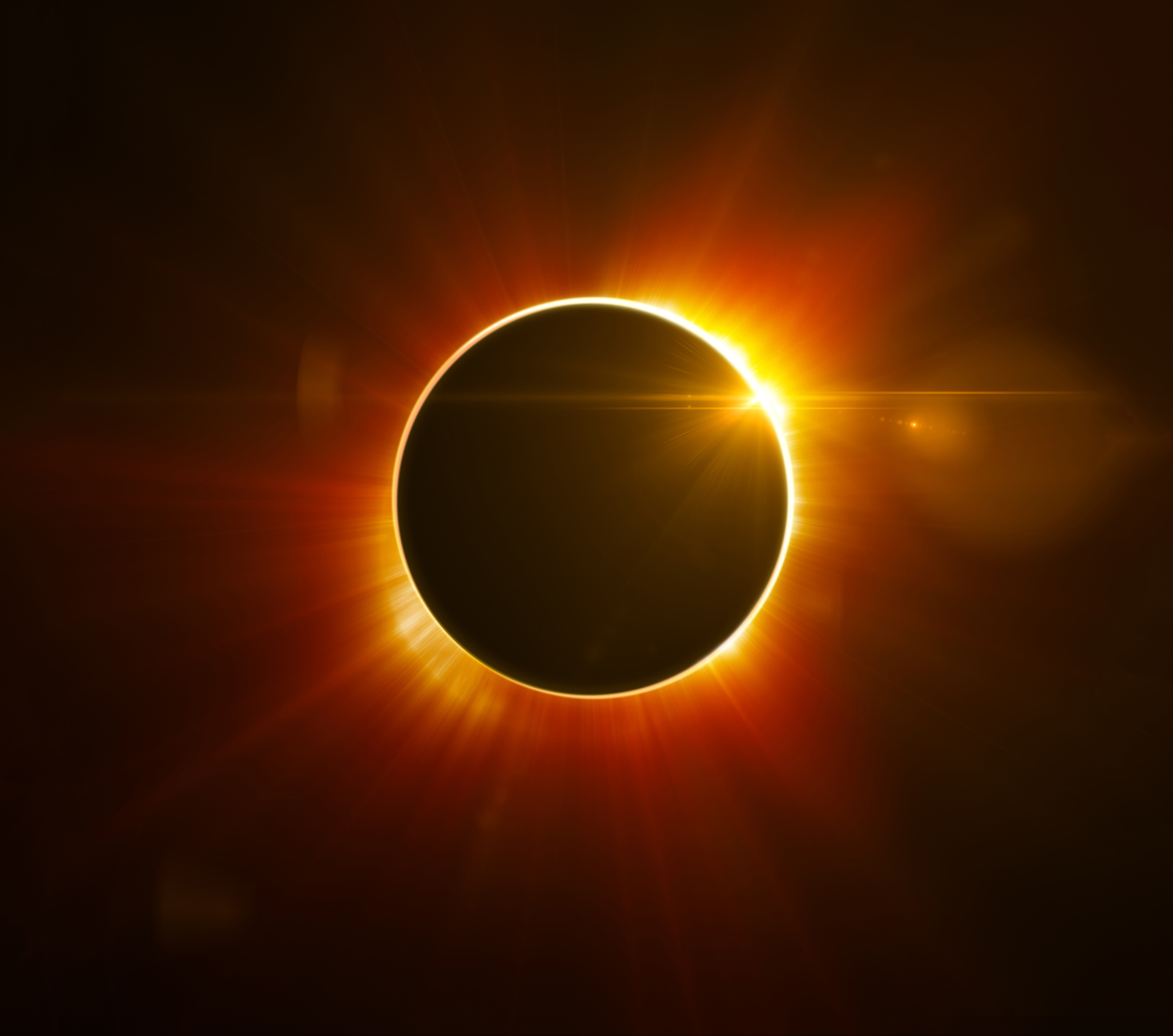
On April 8, a total solar eclipse will darken the daytime sky over part of North America. Areas of Mexico, the U.S., and Canada will be affected.
During a total solar eclipse, the Moon passes between Earth and the Sun, blocking the Sun completely. Along a narrow band on the surface of Earth, the sky goes dark for a short time. This band is called the path of totality. There, only the outer edge of the Sun (called the corona) can be seen.
On April 8, totality, or complete darkness, will begin over the Pacific Ocean. Over time, the Moon’s shadow will move over Mexico and into the U.S. and then Canada. Totality in the United States begins in Texas just before 2:30 p.m. Eastern time. It ends in Maine at just after 3:30 p.m. Eastern time. Each location in the path of totality will be completely dark for only a few minutes or even seconds. But things won’t go back to normal right away. Before and after totality, the Moon will partially block the Sun. This is called a partial eclipse.
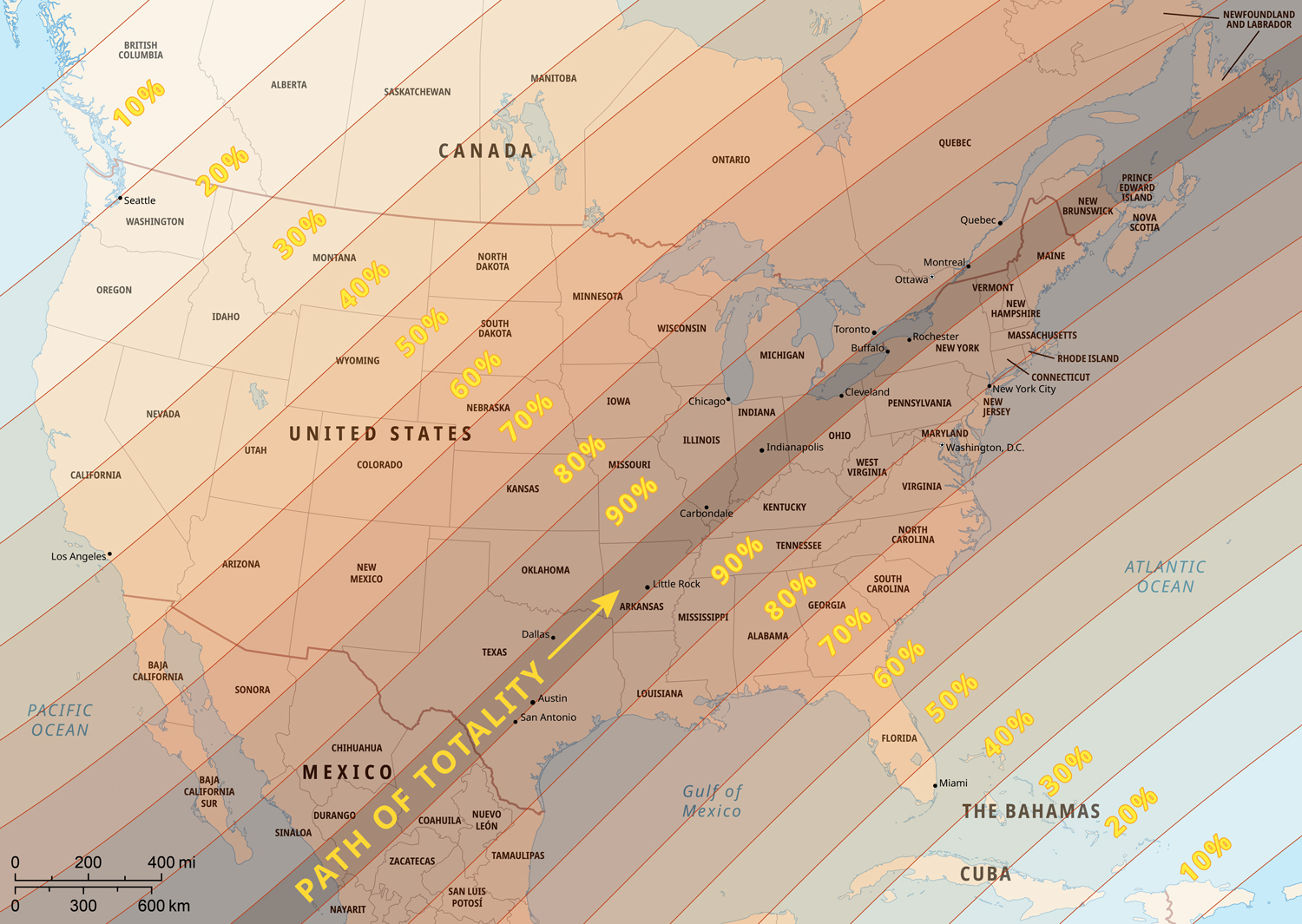
North Americans who live outside the path of totality will experience only a partial eclipse. But even a partial eclipse is worth experiencing. After all, solar eclipses are rare. Most of the United States won’t experience another total solar eclipse until 2044. (Part of Alaska will experience a total eclipse in 2033.)
Experts say it’s important to experience the eclipse safely. It’s dangerous to look directly at the Sun, even during an eclipse. If you watch the eclipse on April 8, be sure to use paper eclipse glasses or a handheld solar viewer. You can even make your own pinhole camera for safer viewing. The directions are farther down this page.
